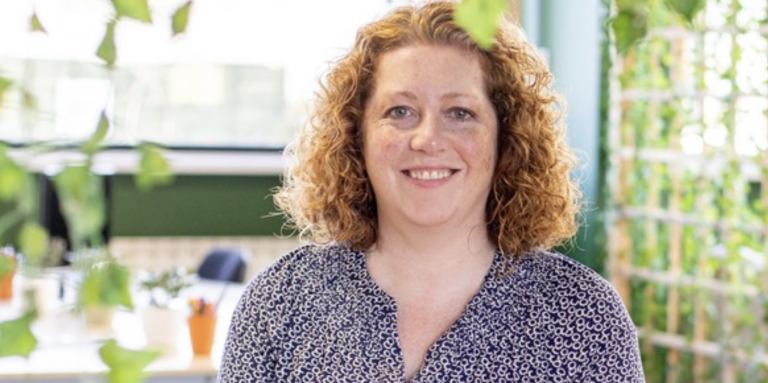The Crown Estate has officially registered its support for Grimsby’s Projekt Renewable by becoming a patron.
With a £50,000 investment now committed to further expand Grimsby’s Alexandra Dock-based Projekt Renewable, Director Richard Askam said: “Ever since I first floated the idea of Projekt Renewable to The Crown Estate, they have been so supportive of the logic and drive that lies behind what we are doing. To have The Crown Estate come onboard in 2024 as a #projektpatron and take a space at Projekt which is being designed to further everyone’s knowledge of marine conservation is just brilliant.”
Chelsea Bradbury, Senior Marine Data and Insights Manager with The Crown Estate, added: “We’re thrilled to build on our prior support of Projekt Renewable Grimsby with a financial investment, giving us a physical presence in the local community.
“Through this partnership, we want to make sure everybody in Grimsby and beyond is proud of what’s on their doorstep by showcasing the activity taking place on the seabed to reach net zero and the amazing work being done to protect and enhance nature and marine habitats.
“Potentially even inspiring more people to look at careers in this space. As an offshore wind hub, Grimsby is the perfect location to spark people’s imagination and curiosity, and we’re excited to work with the local community to understand what they would most like to know and learn about this industry.”
The Crown Estate manages land, the seabed and much of the coastline around England, Wales and Northern Ireland on behalf of the nation, creating long-term value for the country. It is focused on supporting the UK’s energy transition and improving energy security alongside stewarding the protection and restoration of nature. One of the ways it does this is by sustainably developing the seabed to support green, renewable energy industries, such as offshore wind. This partnership provides an exciting opportunity to connect people in Grimsby more closely with its role as manager of the seabed.
An aspirational beacon for Grimsby and beyond, Projekt Renewable was always built with the view to extend and evolve to suit the demands of both the local community and the renewable champions operating within the area. To have The Crown Estate officially join its trio of boxes is an incredibly proud moment for the entire Projekt team.












